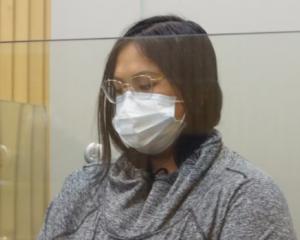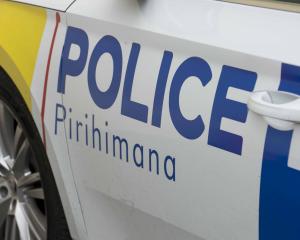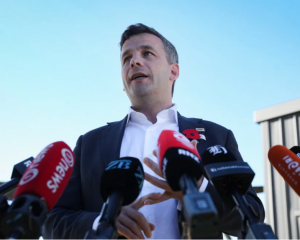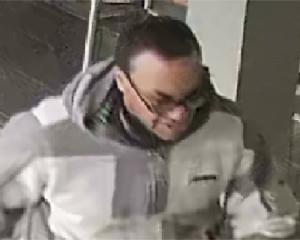Police investigating the deadly collapse of the CTV Building during the February 2011 earthquake have engaged an expert engineers firm to review technical information.
The engineering review is part of an ongoing assessment by police to determine whether any criminal investigation should begin into the collapse of the six storey building.
Of the 185 people killed in the disaster, 115 perished in the Madras St office tower, and nobody has been found criminally liable for the building's collapse.
A private briefing was held this morning between police, Ministry of Business, Innovation and Employment officials and family members of victims.
They were told that police hope to be in a position to make a final decision on whether any criminal investigation will commence by the third quarter of this year.
Detective Superintendent Peter Read said police have contracted Beca, a large engineering firm with offices throughout New Zealand, to provide expert opinion on engineering issues raised in the assessment to date.
Their review will involve a panel of senior engineers, including some with experience in the 1980s environment in Christchurch. The panel's opinion will also be subject to an international peer review.
Mr Read said this next phase of the police assessment followed on from extensive reviews of the report and investigation from the former Department of Building and Housing (now part of the Ministry of Business, Innovation and Employment) as well as the Canterbury Earthquakes Royal Commission.
Police have also reviewed the findings released to date of the coroner's inquest held to determine the causes and circumstances of all earthquake-related deaths. Further and final findings from the inquest are due this year.
"While the findings of the Royal Commission are of great assistance to police in our assessment, the Terms of Reference set for the Royal Commission meant it did not make any determinations as to the question of liability," Mr Read said.
"The standard of proof required in a criminal prosecution is of a far higher threshold than that required in the Royal Commission.
"Police must be able to establish facts beyond reasonable doubt, whereas the Commission of Inquiry made many of its determinations on the balance of probabilities.
"For any possible prosecution to be commenced, Police would have to determine that a crime has been committed by an individual in breach of the provisions of the Crimes Act 1961. There is no charge of corporate manslaughter under New Zealand law.
"We also need to be sure there is sufficient evidence available to provide a reasonable prospect of conviction of any person charged with a crime."
Mr Read said the highly technical nature of the assessment meant expert advice was needed to help identify any act or omission that may have led to the building collapse, whether it could be attributed to any individual and whether it could be considered grossly negligent.
Christchurch marked the third anniversary of the killer quake on Saturday at the city's Botanic Gardens.
- By Kurt Bayer of APNZ












